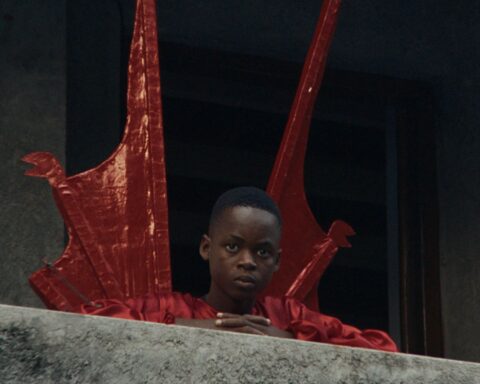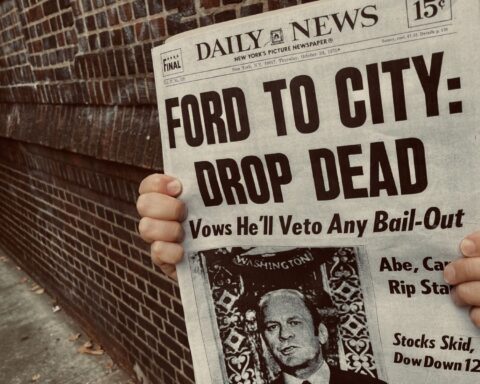TikTok, Boom
(USA, 90 min.)
Dir. Shalini Kantayya
Programme: U.S. Documentary Competition
I honestly don’t understand the appeal of TikTok. My lack of interest doubled after seeing TikTok, Boom. This plugged-in doc by Shalini Kantayya (Coded Bias) explores the popularity and perils of the breakthrough app. The doc recaps how TikTok tapped into the Generation Y zeitgeist and changed the world with lip-syncs, shameless self-promotion, and cat videos. Kantayya explores the phenomenally quick rise of these consumable bite-sized videos and the influencer economy they inspired. The cleverly titled-TikTok, Boom makes clear how the explosion of the Chinese app in North America was both great and grievous. The film is a story of personal branding versus personal privacy. It’s the youth versus Trump, Apple versus Asia, and algorithms versus autonomy. Users in the know might not find much new here, but luddites will find more reason to stay offline.
In the spirit of TikTok’s exhausting, if popular, videos, TikTok, Boom moves quickly through the history of the app. Veering between young influencers and adult experts, it recounts the rise of the app in China under its name Douyin. Vertical videos helped its popularity soar on smartphones, while expertly tailored algorithms delivered curated themes with shocking precision. The algorithm is so spot-on that, as one user notes, it needed thirty seconds to recognise her bisexuality, which took her twenty years.
The Influencers
These algorithms contribute to the meteoric rise of TikTok influencers. Beat-boxer Spencer X tells Kantayya how he pursued his dream for music by shifting from busking on the subway to dropping beats on the app. He became an overnight sensation and went from performing to passersby to sharing the screen with Hollywood stars and becoming a millionaire. Young user Feroza Aziz, meanwhile, shares how she used TikTok to connect with other Afghan-Americans and find a community amid Islamophobia. She also injects a compelling story about TikTok’s abusive privacy concerns, as she explains how she was locked out after making a video about the persecution of Uygurs in China. Aziz, ever the shrewd user, tells how she outsmarted the Chinese app by disguising activism as make-up “how to” videos. The documentary illustrates how TikTok, more than any social media app, harnessed and created a viral language.
The app’s meteoric rise invites controversy, though. The talking heads of TikTok, Boom note how young its users are, which makes concerns for privacy and vulnerability especially serious. Meanwhile, the app displays evidence of racial bias, as users note how posts tagged #GeorgeFloyd and #BlackLivesMatter display zero hits. Kantayya, perhaps thanks to her look at the racial dynamics in Coded Bias, handles this aspect especially well. The doc notes how creators who think they’ll be empowered by the app are actually shadow-blocked by it. The sophisticated algorithm buries anything it (re: China) dislikes. Meanwhile, a shockingly retrograde list of physical features, ranging from wrinkles to missing teeth to signs of autism, censors users.
TikTok Trump
Racism and xenophobia, moreover, underscore the conversation in American politics. Mark Zuckerberg stresses the Chinese origins as cause for concern after the company passes on his buyout offer. Donald Trump hinges on TikTok’s Chinese ancestry as reason to ban it, which mobilizes young Americans to beat him at his own game. The film revisits the hilarious case of TikTokers who scooped tickets to a Trump rally en masse and incensed the president by leaving him with a vacant stadium.
What the doc doesn’t really consider, however, are the real-life relationships that TikTokers trade for virtual connections. The mass hysteria sparked by Trump’s threat—Kantayya includes a beefy montage of histrionic influencers mourning their collective death—goes unchecked. Ditto the challenges that come with establishing a life upon fifteen minutes—or fifteen seconds, in this case—of fame. There are serious implications for social life versus social media that TikTok Boom doesn’t explore beyond screen fatigue and burnout. Perhaps it doesn’t matter, since TikTok has reared a generation merely to divert its attention to the next shiny thing. Look over there!













